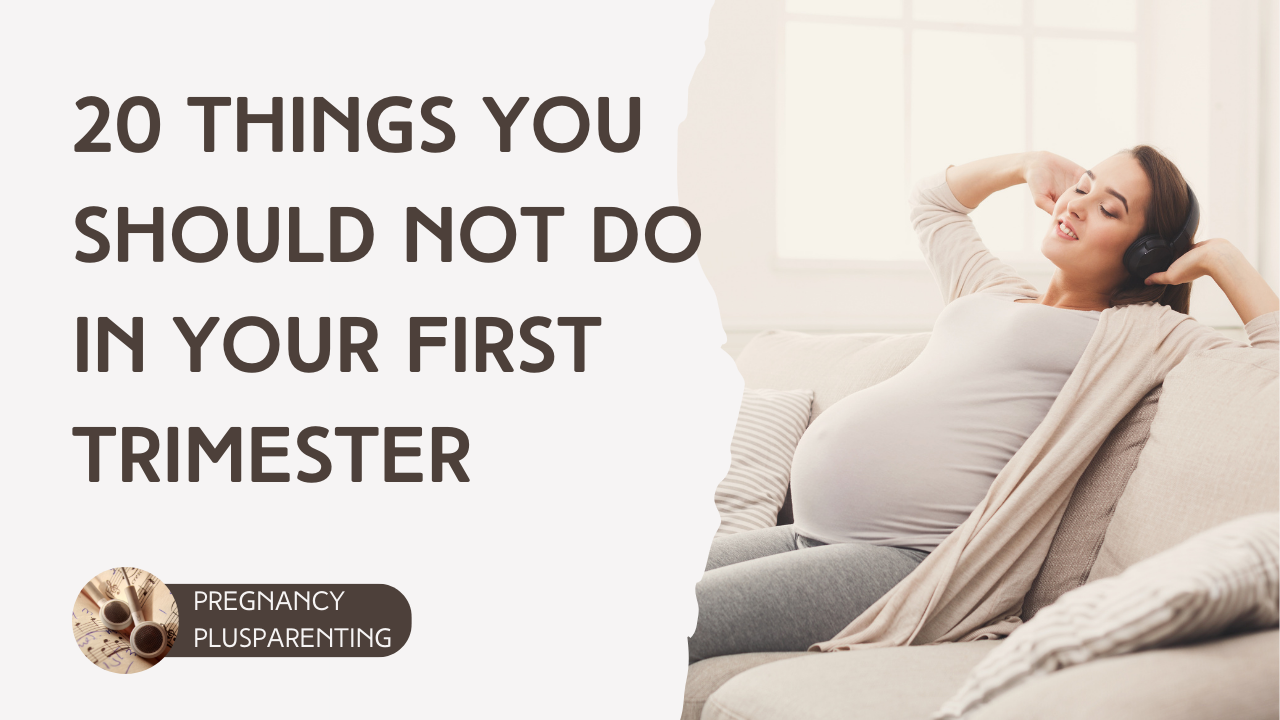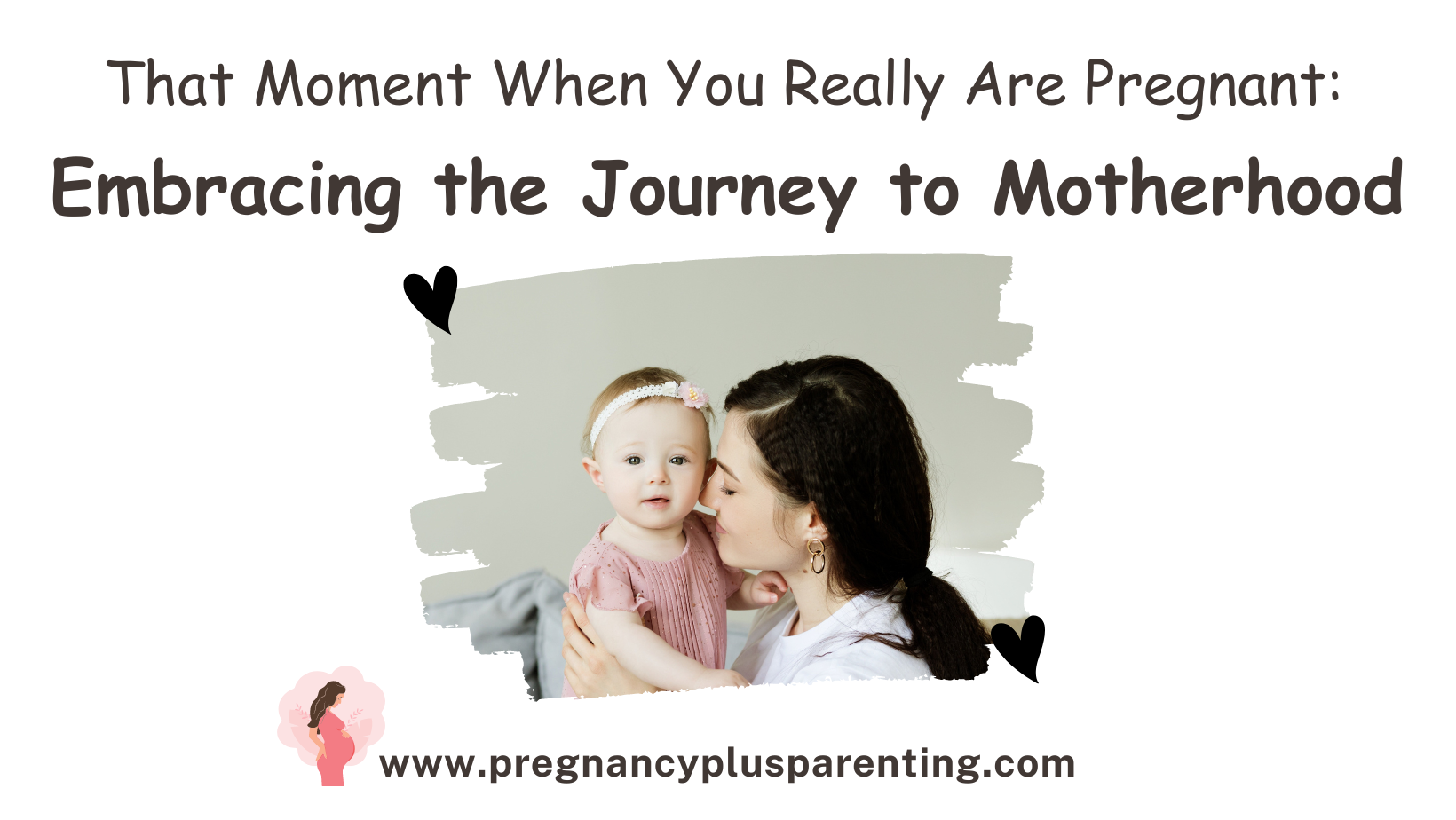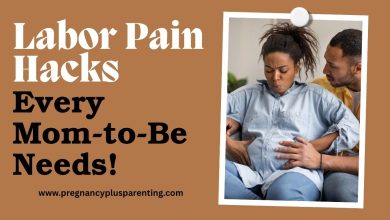20 Things You Should Not Do in Your First Trimester
The first trimester of pregnancy is crucial for your baby’s development, as their organs and systems are forming. It’s a time to focus on healthy habits while avoiding activities and behaviors that could pose risks. Here’s a detailed guide on what you should steer clear of during these early weeks.
1. Avoid Skipping Prenatal Appointments
Prenatal visits ensure both you and your baby are healthy. Missing them can lead to undiagnosed complications.
- Why It’s Important: Regular check-ups help monitor fetal development and detect potential risks early.
- Tip: Schedule your appointments as soon as your pregnancy is confirmed.
2. Don’t Consume Alcohol or Recreational Drugs
Alcohol and drugs can harm fetal development, leading to long-term issues like Fetal Alcohol Syndrome.
- Risks: Cognitive impairments, growth restrictions, and developmental delays.
- Safe Alternative: Stick to water, herbal teas, or approved non-caffeinated beverages.
3. Refrain from Smoking or Exposure to Secondhand Smoke
Smoking increases the risk of miscarriage, premature birth, and low birth weight. Even secondhand smoke can be harmful.
- Impact: Nicotine and toxins restrict oxygen supply to the baby.
- Action Plan: Seek support to quit smoking and avoid smoky environments.
4. Avoid Consuming Unpasteurized or High-Risk Foods
Certain foods carry bacteria like Listeria or Salmonella, which can lead to infections harmful to your baby.
- Foods to Avoid:
- Soft cheeses like brie and feta (unless pasteurized).
- Deli meats and raw seafood.
- Undercooked eggs and meats.
- Tip: Opt for freshly cooked, thoroughly washed, and pasteurized foods.
5. Don’t Overindulge in Caffeine
Excessive caffeine consumption has been linked to miscarriage and low birth weight.
- Limit: Stick to less than 200 mg of caffeine daily (about one 12-ounce cup of coffee).
- Alternatives: Try decaffeinated coffee or herbal teas like chamomile.
6. Avoid High-Intensity Workouts or Heavy Lifting
While staying active is important, intense workouts or lifting heavy objects can strain your body and increase the risk of injury.
- Why It’s Harmful: Excessive strain can lead to bleeding or placental issues.
- Safer Options: Focus on light exercises like prenatal yoga, walking, or swimming.
7. Don’t Ignore Rest and Sleep Needs
Fatigue is common in the first trimester due to hormonal changes. Pushing through exhaustion can harm your well-being.
- Why Rest Matters: Your body is working hard to support your baby’s development.
- Tip: Take naps if needed and prioritize a regular sleep schedule.
8. Avoid Toxic Chemicals and Fumes
Certain chemicals found in cleaning products, pesticides, and cosmetics can be harmful to your developing baby.
- Examples: Paint fumes, ammonia, and strong household cleaners.
- Solution: Opt for natural or pregnancy-safe alternatives.
9. Don’t Neglect a Balanced Diet
Skipping meals or relying on junk food deprives your baby of essential nutrients.
- Key Nutrients: Focus on folic acid, iron, calcium, and protein.
- Healthy Snacks: Incorporate fruits, nuts, and whole grains to keep your energy up.
10. Avoid Stress and Overexertion
High stress levels can affect both your physical and emotional health, potentially impacting your pregnancy.
- Effects: Prolonged stress can increase the risk of complications like preterm labor.
- Coping Strategies: Practice mindfulness, deep breathing, or prenatal meditation.
11. Don’t Forget to Stay Hydrated
Staying hydrated is essential for supporting your baby’s growth and maintaining amniotic fluid levels. Dehydration can lead to complications like headaches, low energy, and even preterm contractions.
- How Much Water is Needed: Aim for at least 8–10 glasses a day.
- Tips to Stay Hydrated: Carry a reusable water bottle and include water-rich foods like cucumbers and watermelon in your diet.
12. Avoid Overheating Your Body
High body temperatures during pregnancy can be harmful to the baby, especially during the critical early weeks when the neural tube is forming.
- Activities to Avoid:
- Hot tubs, saunas, and steam rooms.
- Prolonged exposure to extreme heat, such as intense outdoor activities during summer.
- Alternatives: Opt for warm, not hot, baths and stay cool in shaded or air-conditioned areas.
13. Refrain from Using Unsafe Skincare Products
Many skincare and beauty products contain chemicals that may not be safe during pregnancy. These include retinoids, salicylic acid, and certain essential oils.
- Ingredients to Avoid: Retinol, parabens, phthalates, and hydroquinone.
- Safe Practices: Use gentle, pregnancy-safe products like those containing vitamin C or hyaluronic acid for skincare.
14. Don’t Ignore Signs of Complications
Ignoring unusual symptoms can delay timely medical intervention. Seek professional advice if you experience any of the following:
- Concerning Signs:
- Severe abdominal pain or cramping.
- Heavy bleeding or clots.
- Persistent dizziness or severe nausea.
- Action Step: Contact your OB-GYN immediately if anything feels off.
15. Avoid Excessive Screen Time
Long hours in front of screens can lead to eye strain, headaches, and disrupted sleep patterns.
- Why It Matters: Quality rest is essential for you and your baby during this period.
- Tips for Reducing Screen Time: Use blue light filters, take regular breaks, and engage in screen-free relaxation activities like reading or light yoga.
16. Don’t Overlook Mental Health
Pregnancy can be emotionally challenging due to hormonal shifts and the anticipation of motherhood. Neglecting your mental health can lead to heightened anxiety or depression.
- Common Stressors: Fear of complications, financial concerns, and adjusting to lifestyle changes.
- Coping Techniques:
- Journaling your thoughts and feelings.
- Talking to a therapist or joining a pregnancy support group.
17. Avoid Strenuous Travel Plans
Traveling during the first trimester can be exhausting and may expose you to risks such as motion sickness, infections, or prolonged periods of inactivity.
- When to Avoid Travel:
- If you have a high-risk pregnancy or complications like bleeding.
- Travel Tips: If necessary, travel with comfort aids like compression socks, and take frequent breaks to stretch and walk around.
18. Don’t Engage in Unsafe Sexual Activity
While sex is generally safe during pregnancy, certain complications like a history of miscarriage or placenta previa may require caution.
- When to Avoid: Consult your doctor if you experience bleeding, cramping, or other high-risk conditions.
- Communication Tip: Discuss your comfort levels with your partner to ensure a mutually supportive relationship.
19. Don’t Consume Herbal Teas or Supplements Without Approval
Many herbal remedies, teas, and supplements marketed as “natural” can have unstudied or harmful effects on pregnancy.
- Examples to Avoid:
- Dong quai, ginseng, and licorice root can stimulate uterine contractions.
- High doses of vitamin A can cause birth defects.
- Safe Choices: Consult with your doctor before adding any supplements or herbal products to your diet.
20. Don’t Compare Yourself to Others
Every pregnancy is unique, and comparing your experience to others can lead to unnecessary worry or disappointment.
- Why It’s Harmful: Comparison can amplify stress, especially if your symptoms or progress differ from expectations.
- Focus Instead On: Trust your body and maintain regular communication with your healthcare provider for reassurance.
Key Reminders for First-Time Moms
- Listen to Your Body: Your instincts are an excellent guide. If something feels off, don’t hesitate to reach out for professional advice.
- Set Boundaries: Avoid pressure from others to act in ways that feel uncomfortable or unsafe during your pregnancy.
- Educate Yourself: Stay informed about the dos and don’ts of pregnancy from trusted resources and medical experts.
Bonus Tip: Avoid Self-Medicating
Many over-the-counter and prescription medications are not safe during pregnancy. Always consult your doctor before taking any medication, even for common ailments like colds or headaches.
Conclusion
The first trimester lays the foundation for a healthy pregnancy and baby. By avoiding these pitfalls and focusing on a balanced lifestyle, you can navigate this period with confidence and peace of mind. Always prioritize your health and well-being—your baby’s development depends on it.






